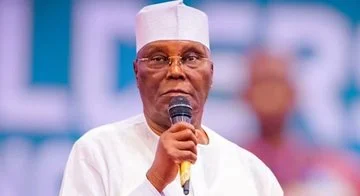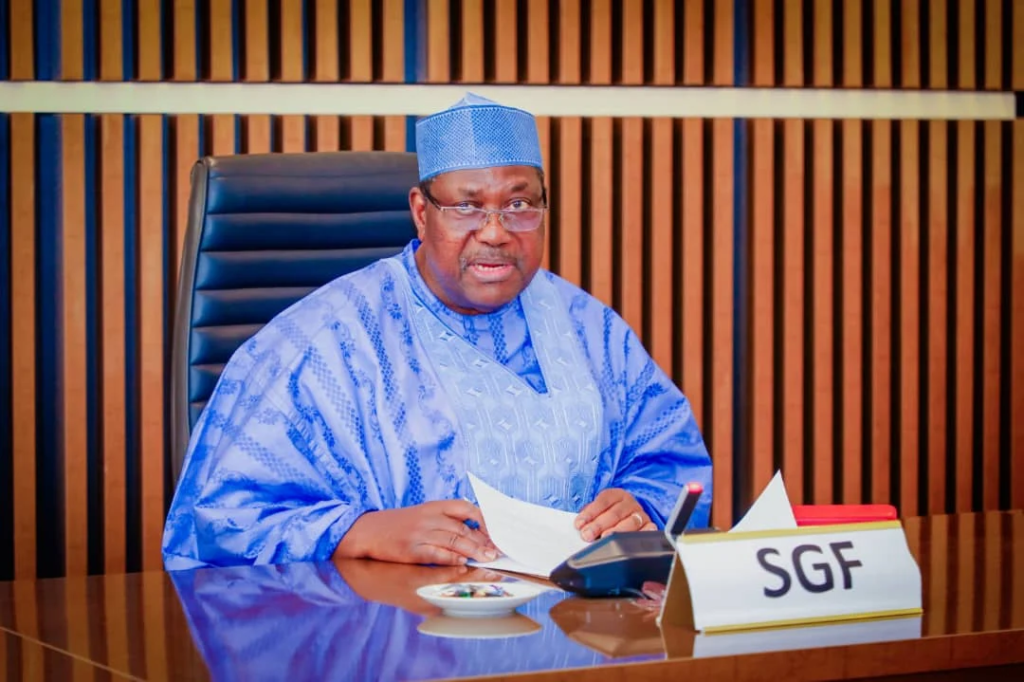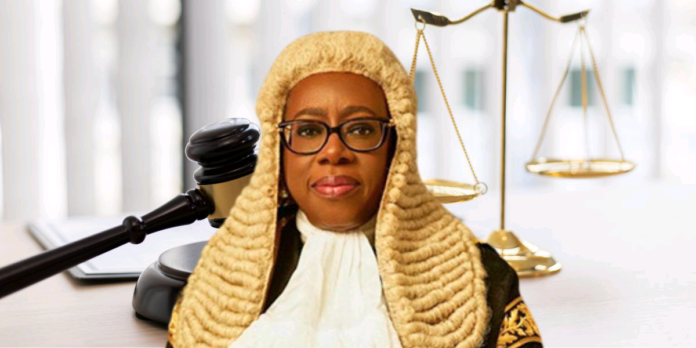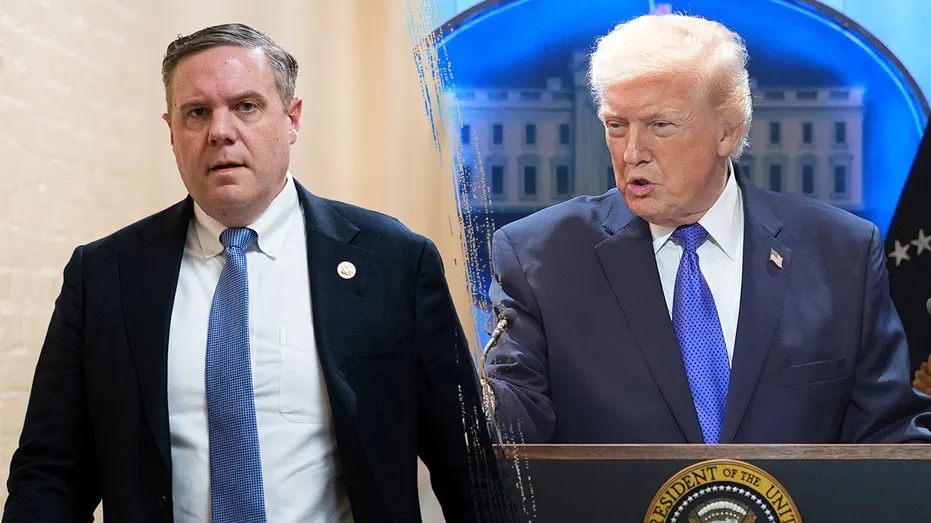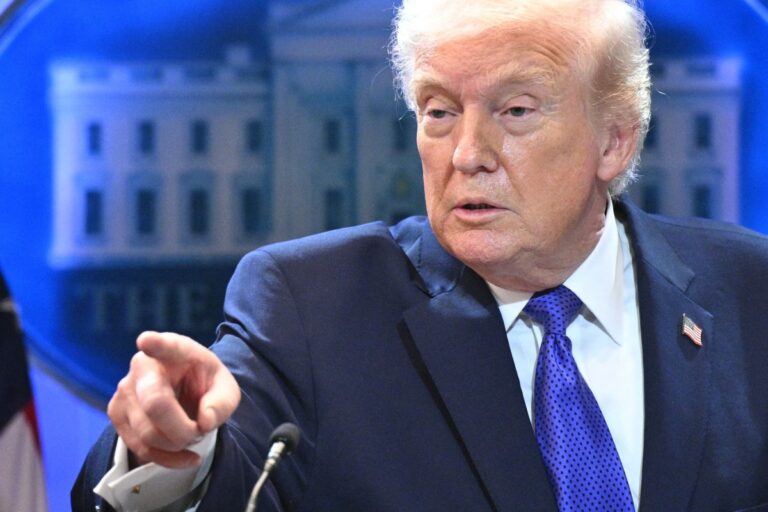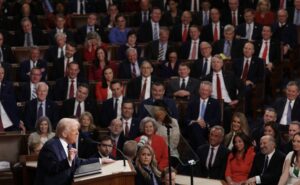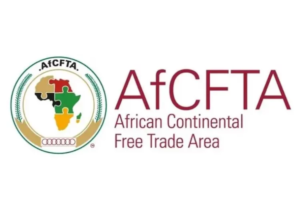Australia and New Zealand have pledged to defend their booming film industries following US President Donald Trump’s announcement of a sweeping 100% tariff on all foreign-made films entering the United States.
Trump made the declaration on his Truth Social platform over the weekend, blaming overseas film subsidies for what he called the “very fast death” of Hollywood. He said the Department of Commerce and other agencies would begin implementing the tariffs immediately to counter what he views as unfair competition from international film hubs.
The announcement has sparked concern in global production centers like Australia and New Zealand, which have become increasingly popular with US studios due to lower costs and substantial government incentives.
Australian Home Affairs Minister Tony Burke responded promptly, confirming discussions with Screen Australia—the federal agency responsible for promoting local filmmaking—were already underway.
“No one should doubt that we will defend Australia’s screen industry with full force,” Burke said Monday. “We’re proud of the role we’ve played in global film production, and we’re not stepping back.”
New Zealand Prime Minister Christopher Luxon also weighed in, stating his government is awaiting more clarity but emphasized strong support for the nation’s creative industries.
“We’ll assess the final policy details once available,” Luxon said. “But our commitment to championing New Zealand’s film sector is unwavering.”
Both countries have carved out reputations as go-to filming locations for international studios. Australia has hosted major productions such as The Matrix and Thor: Love and Thunder, supported by a robust tax incentive scheme that has delivered over A$540 million in federal backing since 2019. New Zealand, home to the Lord of the Rings and Avatar franchises, similarly relies on overseas projects to sustain thousands of local jobs.
Industry insiders warn the proposed tariffs could disrupt global partnerships and raise production costs for US studios filming abroad. For now, both Canberra and Wellington say they are preparing to advocate strongly for the interests of their entertainment sectors on the global stage.















